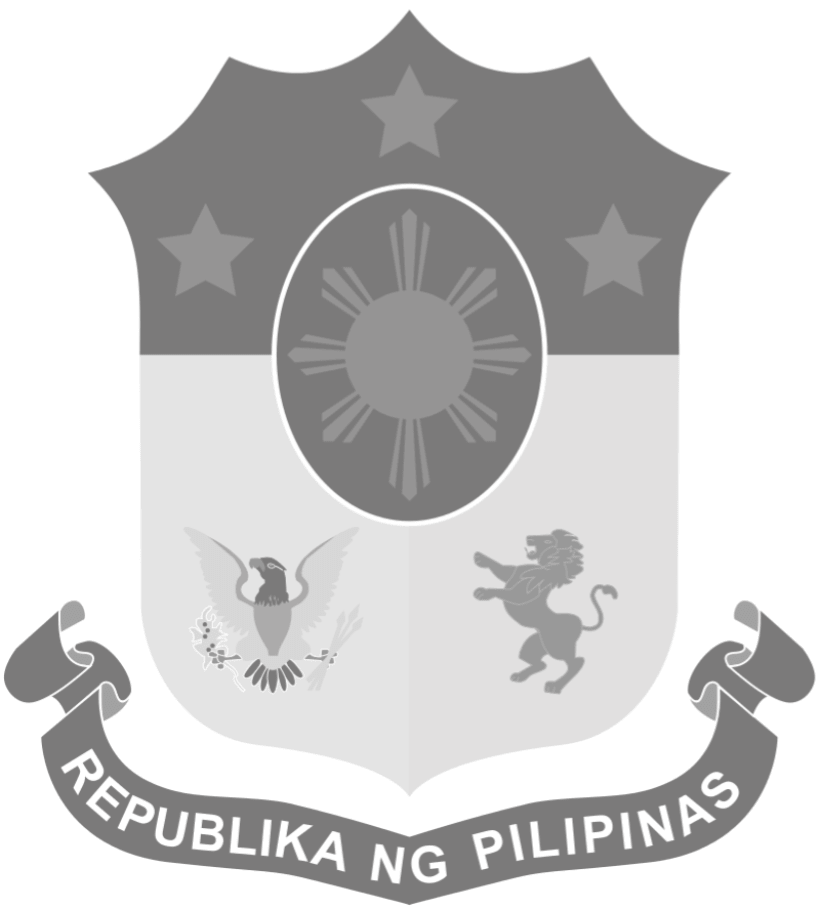Responsible gaming
Responsible gaming is a cornerstone of a safe and sustainable gambling environment. It embodies the principles of self-control, informed decision-making, and ethical behavior that ensure gambling remains a fun and harmless activity. For both players and the industry, understanding and embracing the essence of responsible gaming is key to preventing the risks associated with gambling, such as addiction and financial hardship. This concept is not just about setting limits; it's about fostering a culture where players can enjoy their experience without fear of negative consequences, and where the industry actively promotes safe gambling practices.
Understanding Responsible Gambling
Responsible gambling is about ensuring that gambling remains a fun and controlled activity, free from harmful effects. It's a shared responsibility among players, the gambling industry, and governments. Players need to make informed decisions and seek help when needed. Operators must promote fair and responsible gambling practices, and governments play a crucial role by implementing regulations to protect consumers and fund support services.
Spotting the Signs of Problem Gambling in Yourself and Loved Ones
Gambling can be fun and exciting, but it's important to be aware of the potential risks involved. Problem gambling can develop gradually and often goes unnoticed until significant harm has occurred. The following signs can help you identify if gambling is becoming a problem for you or someone you care about:
- Constant Preoccupation with Gambling:
Do you find yourself thinking about gambling throughout the day, planning your next session, or reminiscing about past wins? An overwhelming focus on gambling could indicate that it is starting to take over your life. - Increasing Bets to Sustain Excitement:
Do you need to gamble with larger sums of money to feel the same level of excitement as before? This is a common sign of tolerance, where the initial thrill diminishes, leading to higher risks. - Repeatedly Trying to Quit Without Success:
Have you tried to cut back or stop gambling, only to find yourself unable to do so? Breaking promises to yourself or others about quitting is a clear indication of a deeper problem. - Using Gambling to Escape Problems:
Do you turn to gambling as a way to avoid dealing with personal issues, stress, or other negative emotions? This can be a dangerous coping mechanism that exacerbates existing problems. - Chasing Losses:
Have you ever gambled more money in an attempt to win back what you've lost? This behavior can lead to a destructive cycle of increasing losses and desperation. - Hiding Gambling Activity:
Do you lie to family and friends about how much you gamble, or do you keep your gambling a secret? Secrecy is often a sign of shame or guilt, both of which are red flags. - Jeopardizing Relationships and Responsibilities:
Have your gambling habits caused you to neglect important relationships, job responsibilities, or educational opportunities? When gambling starts to interfere with daily life, it's time to take action. - Borrowing or Selling Assets to Fund Gambling:
Have you resorted to borrowing money or selling possessions to continue gambling? This can quickly spiral into financial trouble and lead to further harm. - Feeling Restless or Irritable When Not Gambling:
Do you experience anxiety, irritability, or other withdrawal symptoms when you're unable to gamble? These feelings indicate a dependency on gambling to feel normal or at ease.
If you or someone you know is experiencing any of these signs, it's essential to seek help. Problem gambling is a serious issue, but with the right support and resources, it can be managed.
Support and Help Resources
If you or someone you know is struggling with problem gambling, it’s crucial to seek help as soon as possible. There are numerous resources available that provide support, counseling, and advice for individuals affected by gambling addiction. Below is a list of key organizations and services that can offer assistance:
| Service/Organization | Website | Phone Number | Description |
| National Council on Problem Gambling (NCPG) | ncpgambling.org | +1-800-522-4700 | Provides confidential support via helpline, chat, and text for individuals and families affected by problem gambling. |
| Gamblers Anonymous | gamblersanonymous.org | Contact via local listings | A fellowship of men and women who share their experiences to help each other recover from gambling addiction. |
| Gam-Anon | gam-anon.org | Contact via local listings | A support group for family members and friends of problem gamblers. Meetings are available worldwide. |
| American Addiction Centers | americanaddictioncenters.org | +1-866-210-1303 | Offers a wide range of addiction treatment services, including specialized programs for gambling addiction. |
| Gambling Therapy | gamblingtherapy.org | Online support | Provides free online support and resources for anyone affected by problem gambling, available worldwide. |
| Substance Abuse and Mental Health Services Administration (SAMHSA) | samhsa.gov | +1-800-662-HELP (4357) | A confidential, free helpline for individuals facing mental and/or substance use disorders, including problem gambling. |
| 800-GAMBLER | 800gambler.org | +1-800-GAMBLER (426-2537) | A confidential, 24/7 helpline for individuals struggling with gambling addiction, particularly in New Jersey. |
| ConnexOntario | connexontario.ca | +1-866-531-2600 | Provides free and confidential health services related to problem gambling, mental health, and substance abuse in Ontario. |
| Gambling Help Online (Australia) | gamblinghelponline.org.au | 1800 858 858 | A national online support and counseling service for individuals affected by gambling in Australia. |
| Centre for Addiction and Mental Health (CAMH) | camh.ca | +1-800-463-2338 | Canada’s largest mental health teaching hospital offering resources and treatment for gambling addiction. |
| Gamban | gamban.com | N/A | Provides software to block access to online gambling sites and apps on your devices. |
These resources are dedicated to helping those affected by gambling addiction. Whether you’re looking for immediate help through a helpline, ongoing support through counseling, or tools to manage your gambling habits, these organizations can provide the assistance you need.
Responsible Gambling Tools
Modern online gambling platforms offer a range of tools designed to help players manage their gambling habits responsibly. These tools are critical for maintaining control and ensuring that gambling remains a form of entertainment rather than a source of stress or financial difficulty. Here’s an overview of some of the most commonly available responsible gambling tools:
1. Deposit and Loss Limits
Many gambling sites allow players to set limits on the amount of money they can deposit or lose within a specific time frame, such as daily, weekly, or monthly limits. These caps help players stay within their financial means and avoid the temptation to chase losses. By restricting the amount of money available for gambling, these limits serve as an effective first line of defense against overspending.
2. Session Limits
Session limits allow players to control the amount of time they spend gambling. Players can set a maximum duration for each session, after which they are automatically logged out or prompted to take a break. This tool is particularly useful for preventing excessive time spent on gambling activities, which can lead to fatigue and poor decision-making.
3. Reality Checks
Reality checks are notifications that appear at regular intervals during a gambling session, reminding players of the time they have spent playing and the amount of money they have wagered or lost. These alerts encourage players to take a moment to reflect on their gambling behavior and decide whether to continue or take a break.
4. Self-Exclusion
Self-exclusion is a more robust tool for individuals who recognize that they need a break from gambling. Players can voluntarily exclude themselves from accessing their gambling accounts for a set period, ranging from a few days to several years. During this time, they will not be able to log in or place bets, providing a cooling-off period to reassess their gambling habits.
5. Access to Gambling History
Accessing detailed gambling history is another helpful tool provided by many operators. Players can view a record of all their deposits, withdrawals, bets, and wins, allowing them to track their gambling behavior over time. This transparency helps players assess whether they are gambling within their means and identify any patterns of problematic behavior.
6. Online Self-Tests
Some platforms offer online self-assessment tests that help players gauge the severity of their gambling habits. These tests typically ask a series of questions related to gambling behavior, such as frequency, amount of money spent, and emotional responses to winning or losing. The results can indicate whether the player may be at risk of developing a gambling problem and suggest appropriate actions, such as seeking professional help.





